Soap Stories and Toilet Tales
Washing with the hands with the soap is part of the daily routine in my family life, particularly for my daughter and son’s activities at home or in their school. Right before mealtime, after they go to the toilet, art activities, or simply after they play outside in the playground. With the abundance of the availability of the clean water and the soap around me, I consider that nothing is special with the washing hands activities. It was just a simple act as the part of our daily routine of hygienic life. Nothing more.
However, just now I was amazed with the surprising fact that the simple act of hand washing can save live of the millions of children in developing countries every year as well as reducing deaths among children under the age of five by two-third by 2015, but… how come?
When I explore the UNICEF website to learn more about hardships affecting children around the world, I was interested to explore the region East Asia and Pacific (http://www.unicef.org/infobycountry/eastasia.html)because there in the region, there is the country where I came from, the places that long I have left and seldom I visited. Therefore, it would be a great opportunity for me to have an update to what happened there. With my further searching in the ‘Regional Office Website” (http://www.unicef.org/eapro/), a very interesting articles caught up my eyes: how a simple act of washing hand could have a far-reaching benefit to the children in developing countries in East Asia and Pacific.
The early years of a child’s life present a unique opportunity to foster healthy development, and research has underscore the importance of the first five years of life-in shaping children’s cognitive, behavioral, social and emotional development (Cooper, Masi & Vick, 2009).
In the other side, the latest data from UNICEF say 1,400 children under five still die every day from diarrhoeal diseases caused by a lack of safe water, sanitation and basic hygiene. According to UNICEF, diarrhoea remains the second largest cause of under-five mortality globally. With 600,000 children dying in each year and over 1.7 billion cases, diarrhoeal diseases are also associated with a higher risk of stunting (low weight for age and developmental delay) and take a huge toll on society.
I just realize about the amazing fact from the UNICEF mentioning that the simple act of washing hands with the soap before eating and after using the toilet into an ingrained habit could save more lives than any single vaccine or medical intervention, cutting deaths from diarrhea by almost half and deaths from acute respiratory infections by one-quarter. A vast change in hand washing behavior is critical to meeting the Millennium Development Goal of reducing deaths among children under the age of five by two-thirds by 2015. However, one of the simplest, most effective and most inexpensive barriers to infection for the young children living in the developing countries in East Asia and Pasific-is hand washing with soap. Wow!
Now each year, over 200 million people are involved in celebrations of the program called ‘Global Handwashing’ in over 100 countries around the world (www.globalhandwashing.org). What a coincident that actually the Global Handwashing Day was actually 4 days ago on the 15 October! It is endorsed by a wide array of governments, international institutions, civil society organizations, NGOs, private companies, and individuals.
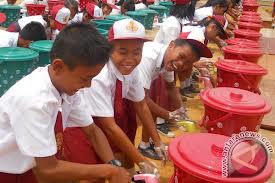
The Indonesian children-in their red and white national primary school uniform were celebrating the Global Washing hand Day.
According to the website, The Global Handwashing Day focuses on children because not only do they suffer disproportionately from diarrheal and respiratory diseases and deaths, but research shows that children – the segment of society so often the most energetic, enthusiastic, and open to new ideas – can also be powerful agents for changing behaviors like handwashing with soap in their communities.
I knew that we often forget that children are the better learner than us adult.. So, the ‘Power is in Your Hands’, my children!
Brunei Darussalam, 19 October 2013.
Evita Kartikasari
References
Cooper, J.L, Masi, R., & Vick, Jessica. (2009). The Social Emotional Development in Early Childhood. National Center Center for Children Children in PovertyPoverty (NCCP). Retrieved from: http://www.nccp.org/publications/pub_882.html
East Asia and the Pacific Region. Retrieved from http://www.unicef.org/infobycountry/eastasia.html
Global Handwashing Day: A simple solution with far-reaching benefits – the power is in our hands. Retrieved from http://www.unicef.org/eapro/media_21630.html
Global Handwashing Day October 15. Retrieved from http://globalhandwashing.org/ghw-day

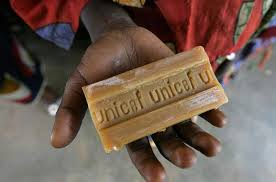
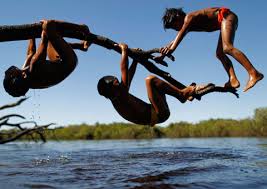
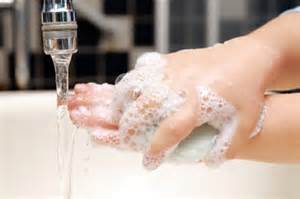
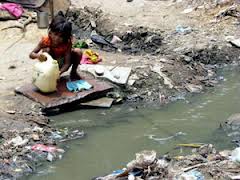
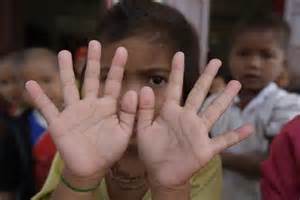
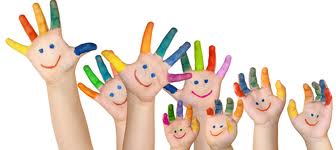
Evita,
Thank you for sharing the information on hand washing. It is amazing how we take things for granted which we do every day The UNICEF website is really wonderful and informative.
Alissa
Evita,
I chose to explore the region of Eastern and Southern Africa and exactly the same issue was mentioned – hand-washing. Here in the U. S. where water is accessible all the time, we are not aware that many people around the world still do not have an access to it. Thank you for sharing.
Evita, I have always enjoyed reading and looking at your blogs. It is so sad to learn that simple hand washing cannot be done in some parts of the world. This is such an important way to maintain health. Thanks for sharing. I wish you the very best in your future endeavors.
Evita,
You always bring us with great information and thank you for that. Clean hands are important source of staying healthy. Many children in poor countries do not have any clean water to wash their hands.